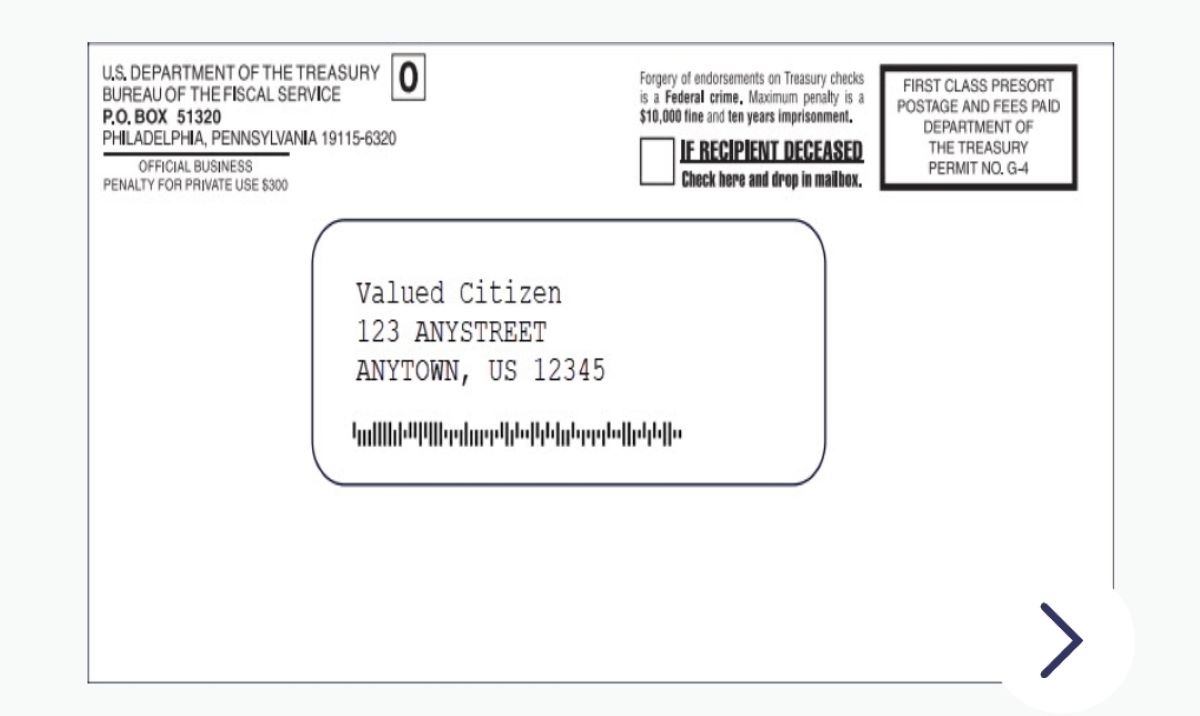

Finance
48-Hour Rule Definition
Published: September 24, 2023
Discover the 48-Hour Rule in Finance: Definition, Benefits, and Impact on Financial Decisions. Enhance your financial knowledge with our comprehensive guide.
(Many of the links in this article redirect to a specific reviewed product. Your purchase of these products through affiliate links helps to generate commission for LiveWell, at no extra cost. Learn more)
What is the 48-Hour Rule in Finance?
Do you ever find yourself wondering how some people seem to make smart financial decisions while others struggle? One possible answer lies in understanding the 48-Hour Rule in finance. The 48-Hour Rule is a concept that can help you improve your financial decision-making by providing a framework for evaluating purchases and avoiding impulsive buying sprees. In this blog post, we will dive deeper into what the 48-Hour Rule is, how it works, and why it can be beneficial for your financial health.
Key Takeaways:
- The 48-Hour Rule involves waiting for 48 hours before making a non-essential purchase.
- This rule provides a cooling-off period to help you avoid impulse buys and make more thoughtful financial decisions.
How does the 48-Hour Rule work?
The 48-Hour Rule is a simple yet effective strategy to curtail impulsive buying behavior. Instead of making an immediate purchase, the rule suggests waiting for 48 hours before going through with it. During this cooling-off period, you give yourself time to reflect on whether the purchase is truly necessary or if it’s just a passing desire.
Implementing the 48-Hour Rule is easy. Here’s how it works:
- When you feel the urge to buy something non-essential, note down the item and the date.
- Challenge yourself to wait for 48 hours.
- During this time, analyze your motivations for wanting the item. Is it a genuine need or a fleeting desire?
- Consider the potential financial impact of the purchase. Will it strain your budget or hinder progress towards your financial goals?
- After the waiting period, reconsider the purchase. If you still believe it is worth buying, proceed.
By waiting for 48 hours, you allow your emotions and impulsiveness to settle down, enabling you to make a more rational decision about whether or not to proceed with the purchase. This rule helps you avoid buyer’s remorse and keeps your finances on track.
Why is the 48-Hour Rule beneficial for your finances?
The 48-Hour Rule offers several benefits that can positively impact your financial well-being:
- Prevents impulse purchases: Impulse purchases can quickly derail your financial goals. By imposing a waiting period, the 48-Hour Rule helps you distinguish between genuine needs and impulsive wants.
- Promotes thoughtful decision-making: Waiting for 48 hours allows you to carefully consider the potential consequences of a purchase. It encourages you to evaluate whether the item aligns with your values and long-term financial plans.
- Saves money: The 48-Hour Rule helps you avoid unnecessary spending. By taking time to think, you may realize that you don’t need the item after all, saving you money that can be allocated towards more important things like savings or debt repayment.
- Builds self-discipline: By practicing the 48-Hour Rule, you develop the habit of delaying gratification. This strengthens your self-control and can extend to other areas of your life, leading to improved financial habits overall.
Implementing the 48-Hour Rule in your financial decision-making process can be a game-changer. By taking a pause and giving yourself time to deliberate, you can make more informed choices that align with your financial goals.
Remember, financial success is built on wise decisions and avoiding unnecessary expenses. So, the next time you’re tempted to make an impulse purchase, give the 48-Hour Rule a try – your wallet will thank you!














